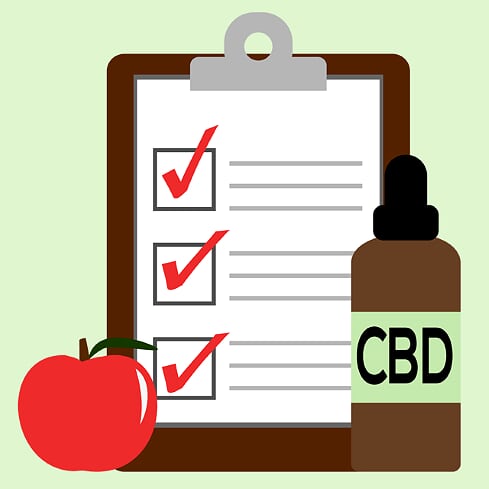California Poison Control System (CPCS), the largest single provider of poison control services in the United States, is observing National Poison Prevention Week March 15 – 21, 2020. This year’s campaign – “Six Million Calls – Lives Saved – Tragedies Averted” focuses on the six million calls California CPCS has received since its inception helping to save lives, reduce ER visits and educate residents.
This year, CPCS is launching a new testimonial video with actual mothers who called the 800 number when they thought their children were possibly poisoned. The video includes an interview with Dr. Cyrus Rangan, assistant medical director, Los Angeles. In the video, Dr. Rangan also describes services offered to the public, including confidential response 24 hours a day, 365 days a year, in more than 200 languages. Access the video link here http://bit.ly/3aQBHgM.
According to the Centers for Disease Control, every 13 seconds, a poison control center in the United States answers a call about a possible poisoning. Poisonings are a significant health problem in California, resulting in 226,000 calls to the California Poison Control System each year averting more than 61,000 visits to emergency rooms and doctors’ offices. While poisoning exposures can happen to anyone anywhere, about 80 percent of all calls are made from the home and nearly half of these calls involve children under the age of five. The most common causes of poisoning among young children are cosmetics and personal care products. (Note: Hand sanitizer is everywhere because of the coronavirus, and that has led to a spike in calls to poison control from parents whose children have ingested it.)
CPCS manages poisoning cases or questions related to medications, chemicals, drugs, work-related hazards and environmental injuries, as well as snakes and spiders bites and poisonous plants.
“It’s critical that information about how to prevent poisoning becomes more widely known and disseminated,” said Stuart E. Heard, Pharm.D, Executive Director, CPCS. “That’s why during National Poison Prevention Week, CPCS would like to remind everyone about the free preventive and life-saving services we offer.”
The CPCS toll-free number, 1-800-222-1222, is answered by pharmacists, nurses, and poison information providers. The number is available to all areas of California and callers receive expert treatment advice and referral in case of exposure to poisonous or toxic substances free-of-charge, 24/7.
The Poison Safety Education Course is an interactive learning tool designed to educate the public about poisons, prevention and who to call for help. Take the course at www.calpoison.org (also available in Spanish).
Choose Your Poison is a free online game (free iPhone and Android app also available) that can be played with the whole family! Can you tell the difference between pills and candy?
Sign up for weekly CPCS poison safety text tips (Text TIPS to 20121 for English. PUNTOS for Spanish).
CPCS provides news, tips and poison prevention on their Facebook and Twitter pages. Connect with us to learn more!
The Pesticide Safety Project was developed to give communities and promotores ways to help farm workers learn how to protect themselves from poison and pesticide exposure.
Suggested tweet: Save our free #CPCS 1-800-222-1222 number into your phones and get family and friends to do the same.
About California Poison Control
In case of an accidental poisoning, consumers should immediately call 1-800-222-1222 (this number works in all states) for advice 24 hours a day, 365 days a year. CPCS also conducts public health surveillance and acts as a community sentinel notifying local and state agencies, the media, and the public of potential health threats. The CPCS has four divisions located at UC Davis Medical Center; Zuckerberg San Francisco General Hospital; Valley Children’s Hospital; and UC San Diego Medical Center. The CPCS is part of the University of California San Francisco School of Pharmacy and responsible to the California Emergency Medical Services Authority. For more information about California Poison Control, visit www.calpoison.org.






